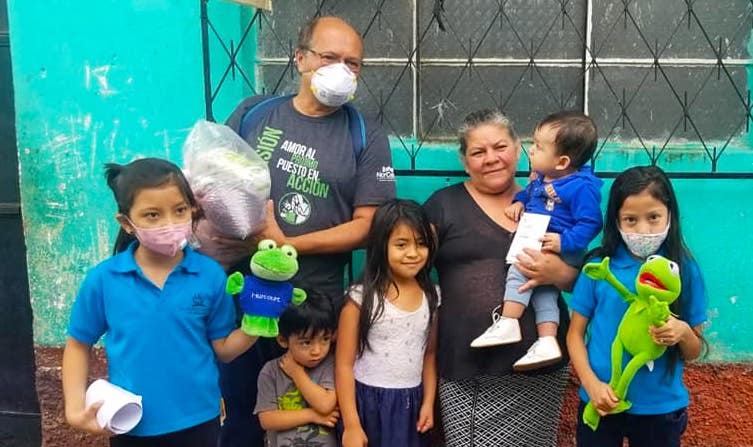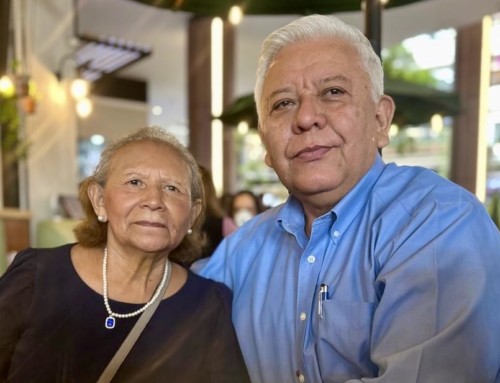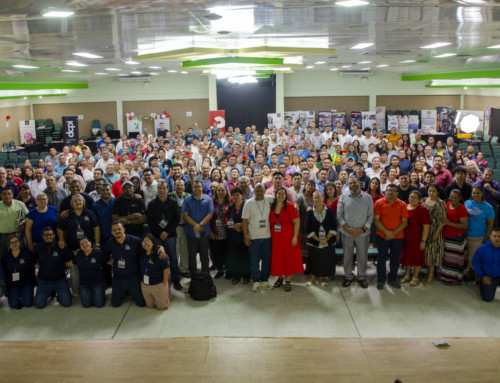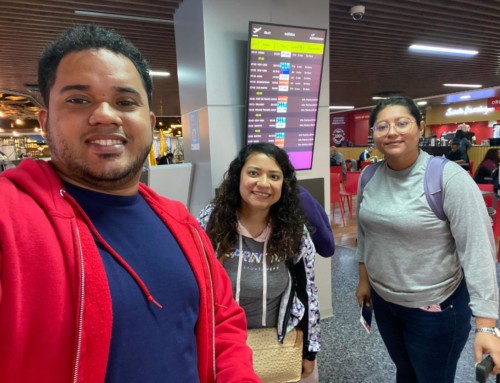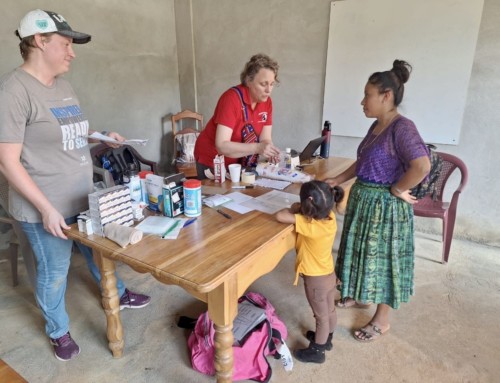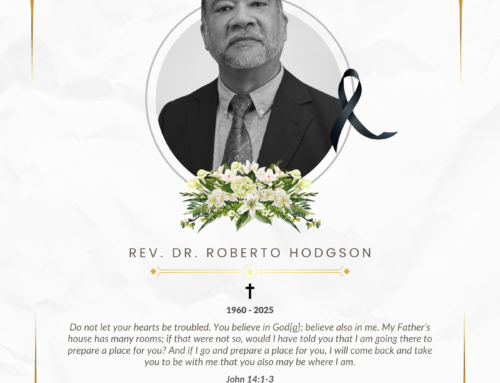Nazarene doctor René Rivas*, of Guatemalan origin, shares how the Lord has allowed him to serve pastoral families, church members, and vulnerable families in their communities during the time of quarantine. Besides medical services, the Lord has allowed him to share a message of peace and hope to many people, including some twenty COVID-19 patients.
“The Covid-19 pandemic has changed our lives; we have passed the stage in which we watched the news and statistics of those infected and the deaths and said, “the situation in those countries is difficult”. But now we are living in the pandemic and those numbers now include acquaintances, friends, and perhaps even members of our own families; for doctors, maybe even some of our own patients.
Spending more time at home has allowed me to attend to more patients in my clinic, as well as to have more contact with my district’s pastors, coordinating support plans that we have used for pastoral families, church families, as well as for families in the communities where our Church ministers.
In the past weeks, the number of cases of people infected with the coronavirus in our country (Guatemala) has rapidly grown, which has meant that families in our churches are also being affected. There is already a large number of infected among our members, and around five have died. As a doctor and as a member of the Nazarene Compassionate Ministries Committee for the Central District of Guatemala, I have been keeping an eye on the health of the pastoral families and other Nazarene families.
Taking into account the risk of contagion and respecting the protocols established by the Health authorities, I have been cautious in being in contact with patients showing COVID-19-related symptoms. Some people call me every day or write to me on WhatsApp for advice on their symptoms, and some are worried because they have been in contact with infected persons. Up until two weeks ago I had referred six patients for the corresponding test, of which four tested positive for the illness.
With the first patient, an elderly man at high risk, when it was confirmed he was infected by the coronavirus, his very worried family asked me what they could do as they did not want to bring him to a national hospital and did not have the resources to pay for a private hospital either. Knowing that their faith was in God, I asked them if they were willing to trust in me as a medical professional, and they said they would follow the instructions I gave them. Trusting in God, we decided to treat him at home, and I monitored him over the phone and through video calls to ensure medications were administered to him correctly.
Besides medication, we also took into account his isolation and how the family could care for the patient together; in this case it was necessary to test one member of the family who had been in contact with the patient before and after it was proved he was positive for COVID-19. As I write this note, I have received the happy news that that result was negative. With his permission I can mention that he is one of the pastors on a district.
Two weeks ago, I received a call from a patient whom I had been monitoring for 21 days; he called me up to four times a day. After finishing treatment and when he felt completely well, when I told him he could now reunite with his family, he began to cry with gratitude and almost made me cry as well. As doctors we feel glad when we see the complete recovery of our patients, but this time was so special that it made me feel so thankful for God allowing me to be an instrument of his hands.
I am not recommending exceptional medicines, just what is necessary to treat the symptoms, and individualizing the cases. What I definitely do with everyone is try to instill trust in them as there is a lot of uncertainty and fear and they think they will die.
The number of patients and consultations has grown, and besides medical recommendations, I have sometimes had to offer counsel on other problems that surface in them; this type of counselling is really the place of a professional in psychology. I have also been able to present the plan of salvation to some who do not yet have a personal relationship with God, and recommend they put themselves completely in his hands.
I won’t deny that I am also afraid of being infected, or that the same could happen to my daughter, who is a specialist with direct contact with COVID-19 patients, some with complications, in the intensive care unit where she works. I do not want her or me to carry the contagion to the rest of our family either. In the midst of everything, I think that we should face the pandemic with faith, but also wisdom. We should trust in God, but at the same time be prudent to not become another one of the statistics that daily cause us to stress and be depressed.
I thank God because he gave me the mission to be with those who need me. For now I do not go to rural communities with medical missions, but in some way I am being an instrument of his hands, to follow up with and advise patients I do not personally know. Where there is a need and I can help, that’s where I want to be; that is what I understand by God’s calling for my life. And now God wants me to be here, helping these people, even if it is over the phone. The honor and glory is for our God, whom I ask for patience and wisdom to do it the best possible way.
“Nevertheless, I will bring health and healing to it; I will heal my people and will let them enjoy abundant peace and security.” Jeremiah 33:6.”
*Doctor René Rivas has served as a volunteer for the past 17 years with Nazarene Compassionate Ministries in his country of Guatemala as well as other countries. So far, he has participated in more than 100 medical missions with groups from the United States and other countries.

